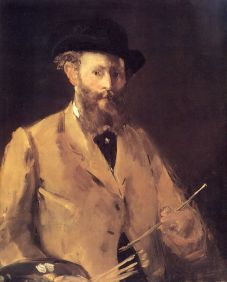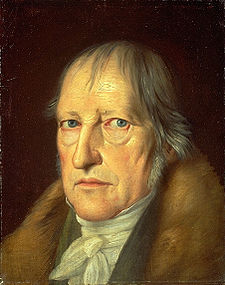Good tests kill flawed theories; we remain alive to guess again.
 Karl Popper (1902- 1994) was one of the foremost philosophers of the twentieth century, specialising in the philosophy of science and modern democratic political philosophy (in particular, the importance of critical discussion about political issues).
Karl Popper (1902- 1994) was one of the foremost philosophers of the twentieth century, specialising in the philosophy of science and modern democratic political philosophy (in particular, the importance of critical discussion about political issues).
Born and educated in Vienna, his early dalliance and disaffection with Marxism he considered a defining moment in his thinking – a theory of social order that was tested and found wanted should be discarded or amended, a thought that led to the above quote and, more importantly to search for a better process than revolution by which societies could test and adopt new systems.
Initially this led him to Psychology (then an emerging science), but his unusually brilliant doctoral work pushed him away from that field too, commenting that the unscientific nature of early psychology was a stark and damning contrast to the brilliance of physicists such as Einstein.
After achieving a break through academic position in New Zealand and some impressive (but, sadly, futile) work in opposition to facism in Europe he set about constructing a philosophical basis for science. He succeeded in this, giving a formal structure to the scientific theory, introducing principles such as the need for falsifiability (a stab at psychology), discussing induction in detail and even providing a (more questionable) basis for mathematical philosophy.
Following these landmark contributions he turned his attention to applying similar robust methods to social and political philosophy. While his work was less dramatic, his contributions to principles such as tolerance and anti-historicism are recognised as beneficial stepping stones toward a modern basis for political reasoning.
In something almost unique amongst famous twentieth century philosophers, Popper was happily married and remained devoted to his wife throughout their 55 year marriage and even moved back to Austria so that she could spend her last months with her family. Nine years later he was suddenly taken ill, diagnosed with cancer, and died two weeks later.








